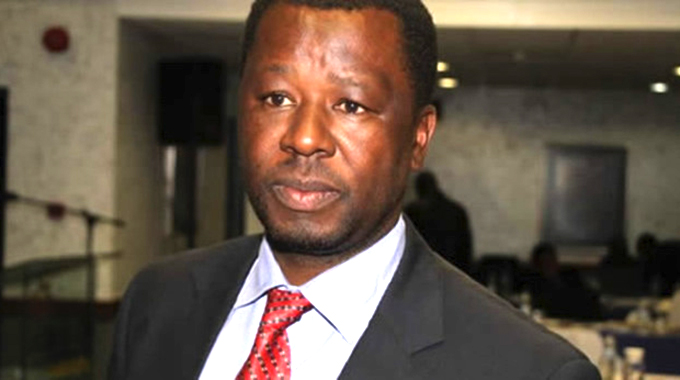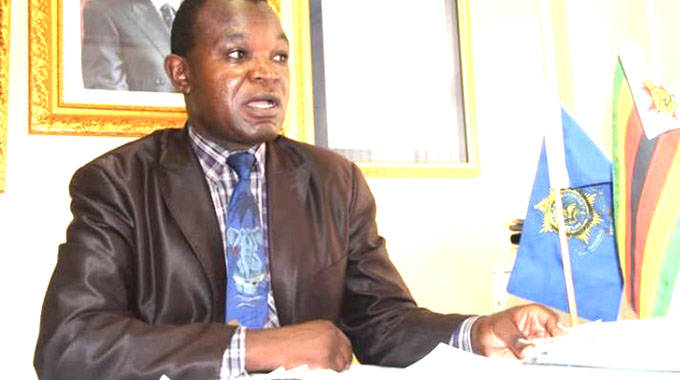80t of mercury pollutes environment

Walter Nyamukondiwa Mashonaland West Bureau
A staggering 80 tonnes of mercury found their way into the environment last year, as Government is finalising the national action plan on the reduction and elimination of its use in artisanal and small-scale gold mining.
Government is also considering tying approval of mining titles to the adoption and use of environmentally-friendly technologies.
Preliminary findings of studies by consultants from the University of Zimbabwe have shown widespread unsafe use of mercury acquired through legal and illegal means by artisanal miners.
Speaking at the National Action Plan and Minamata Initial Assessment workshop held in Kadoma last week, Environment, Tourism and Hospitality Industry secretary Mr Munesushe Munodawafa urged stakeholders to work towards the speedy ratification of the Minamata Convention and adoption of alternative technologies.
“It is therefore, necessary that as a country we start looking at alternative solutions for the use of mercury particularly in the artisanal and small-scale gold mining industry. We all appreciate the importance of gold and its significance to the national economy,” he said.
“What we are saying is that, are there no safer technologies that can be adopted so that we continue to benefit from the gold, but without the process being harmful to those working on it.”
Mr Munodawafa said the National Action Plan and the Minamata Convention were some of the steps that Government had taken towards ensuring ratification of the convention.
Failure or delay to ratify, he said, was not in Zimbabwe’s interest as conforming countries could embargo the gold or products produced using the heavy metal.
He appealed to the leadership of artisanal and small-scale gold miners to raise awareness on the dangers of mishandling mercury and invest in alternative technologies.
“We need to encourage small-scale miners to start investing in the new technologies so that we can adopt the phasing out of mercury which we acknowledge is not safe,” he said.
Dr Farai Mapanda, who headed the team of consultants from UZ, said a toolkit designed by the United Nations showed that there has been increasing use of mercury over the years.
“According to the toolkit, what we have found out is that from 2012 to 2018 the amount of mercury being used and released into the environment has been increasing every year,” he said.
Mercury is used in refining gold ore, but is a highly poisonous element that affects the brain, nervous and reproductive systems if inhaled as vapour.









Comments